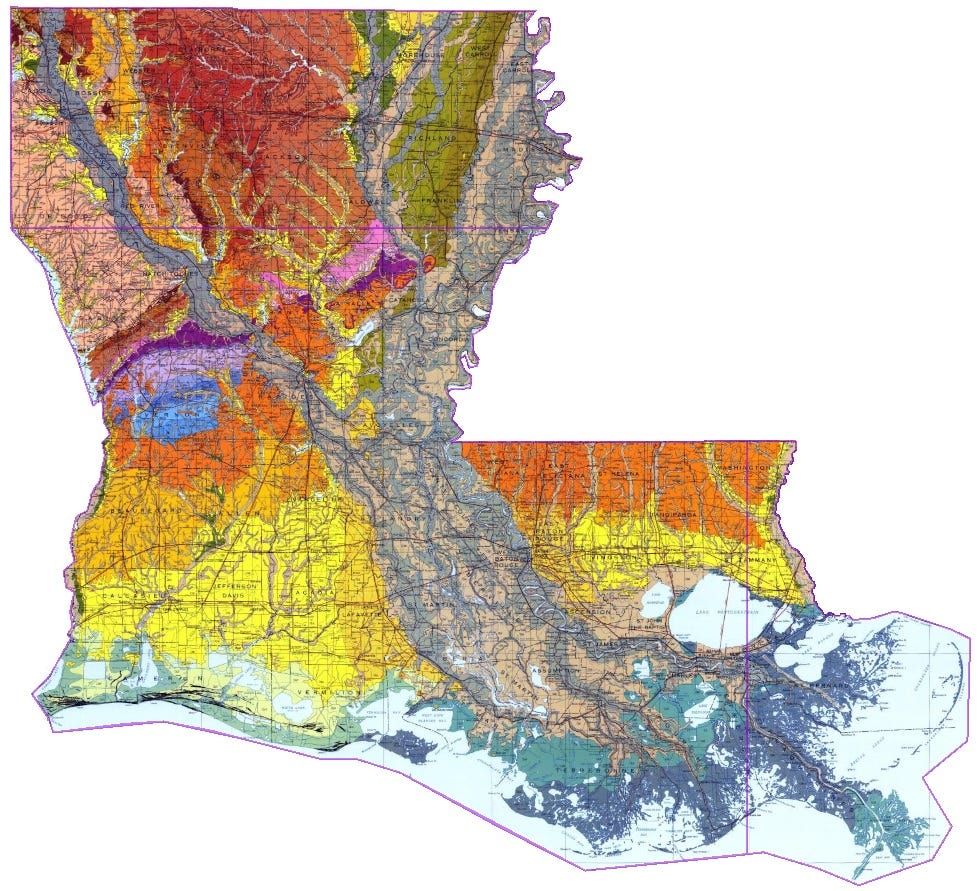Americans are often well aware of the far reaching powers of the Federal government, the president, his justice department and the Supreme Court and its subsidiary courts. Many, however, remain unaware of just how powerful their state government really is.
States administer welfare programs such as unemployment, they determine the licensing for professions, the vast bulk of court proceedings happen in state courts, state legislatures pass tens of thousands of bills each year, compared to a few hundred by Congress, and state executive agencies are the common point of citizen contact with government.
We have put together a short list of policy actions which state lawmakers should be taking to curtail whatever amounts of immigration possible, since the Federal government clearly refuses to act in the best interest of the American people no matter who inhabits the Oval Office.
Many may be surprised to hear this, considering how free and easy travel between American states has been, but governors have the power to protect their states through the closure of borders! This power has been upheld twice, first in Jacobsen v. Massachusetts, and for a second time in Zemel v. Rusk.
No states enacted hard border closures during the COVID-19 pandemic, but this power was always available to them. Tribal governments, however, did take advantage of this recognized power and several of them completely closed their borders to non-residents for the duration of the crisis.
Governors serious about protecting their states should invoke the spectre of COVID, Denge, Hemorrhagic fever and the plethora of serious and deadly diseases present in Central and South America, as recognized by the CDC. Borders could be closed using any excuse available, ranging from health concerns, to concerns about environmental harm, declarations of emergency, disaster or whatever it takes. Let the courts spend time litigating these actions while governors busy themselves protecting their residents.
Another step would be for be for states to require that the E-verify system be mandatory for every employer, public or private, within their borders. Currently just nine-states, the entire deep south plus Arizona and Utah, require that E-verify checks be carried out by all employers both public and private, thus preventing illegal workers from accessing most levels of employment.
The next necessary policy change takes aim at the Reagan Amnesty, the 1986 IRCA. This act contains a provision which makes it near impossible for prosecutors and Federal officials to take businesses to court whom employ illegal immigrants. This section (Section B) should and must be replaced, but the Federal government is clearly unwilling to do so. That does not, however, mean that state governments cannot act.
A 2011 Supreme Court Ruling permitted an Arizona law which punishes businessowners for hiring illegal aliens by revoking their business licenses. As far as We are able to tell Arizona is the only state with such a provision, but there is nothing stopping other state legislatures from adopting such rules.
And finally, to deal with the high levels of legal immigration the nationalist state lawmaker will want to follow the example of Louisiana and ban foreigners from buying, renting and leasing properties. In HB 537, which was signed into law less than a week ago, the state of Louisiana banned ‘foreign adversaries’ from buying, renting or leasing land within 50 miles of a military installation within the state.
Florida has also passed similar legislation which bans the buying or leasing of property buy ‘foreign adversaries’ within 10 miles of its critical infrastructure.
There is no reason that these bans could not be extended to cover all/nearly all of a state’s land area. There is also no apparent impediment to expanding the list of banned foreign citizens from buying land, states could ban subcontinental Indians, Haitians, Mexicans and many more foreign legal immigrants from buying or renting land.
This would, in effect, ban legal immigrants from being able to take up residence in a state and could serve as a powerful mechanism to protect the demographic make-up of a community and region.
Our state lawmakers can and should be doing much more to protect us.






